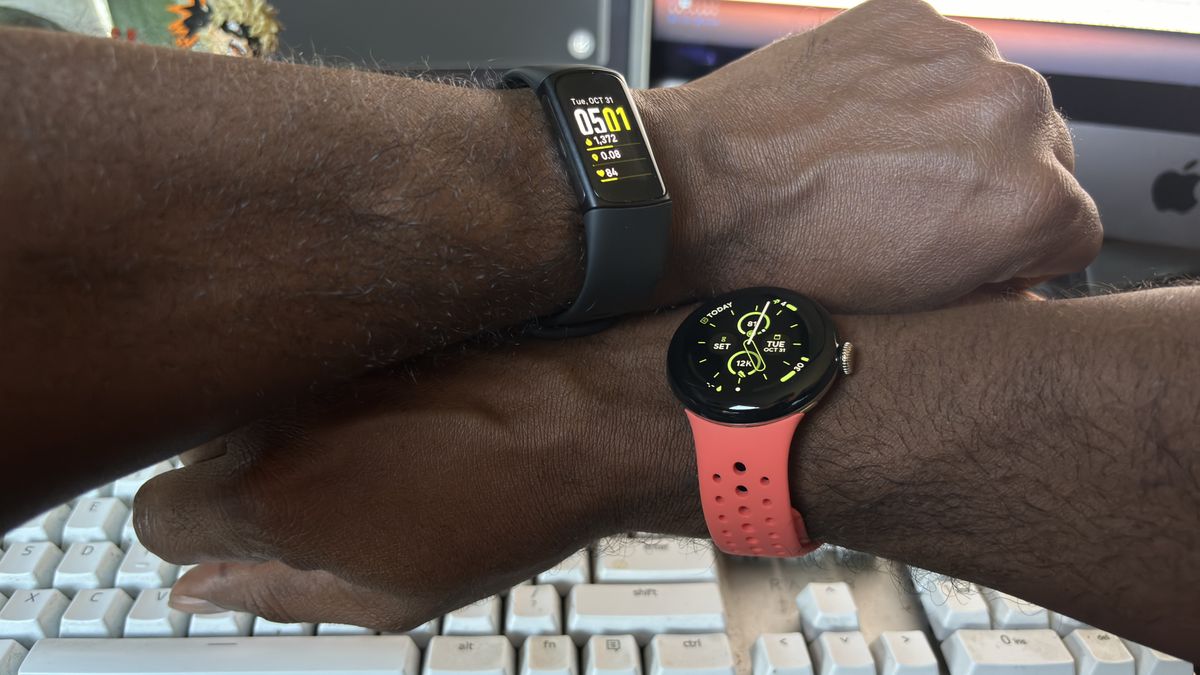Fitbit’s Groundbreaking ‘Fit Score’ Patent: A Game-Changing Trick Every Smartwatch Needs for Ultimate Fitness

Fitbit has finally received approval for its exclusive new “Fit Score” feature after four years of waiting. This new feature uses pressure sensors to determine how well your Fitbit is fitted to your wrist. It will be able to tell you if the biometric signal quality is high enough to provide accurate heart rate results.
The Fit Score system will use a “Micro-Electro-Mechanical System (MEMS)” and sensors to measure force, contact, or strain across the device’s bottom surface. This will allow the Fitbit to determine if it is too tightly pressed against the user’s skin for proper readings. The Fit Score feature will then provide specific suggestions and adjustments based on differences in wrist size, skin color, hair density, BMI, fat percentage, and more.
Additionally, the Fit Score system will be especially beneficial for SpO2 (blood oxygen) readings, as it can calibrate the data when detecting excess force or throw out any readings if the watch becomes too loose overnight. This will help to prevent false health data from being recorded, which could lead to unnecessary worry or a false sense of security for the user.
While there is currently no timeline for when this system will be implemented, there is speculation that it could be featured in upcoming Fitbit models such as the Sense 3, Versa 5, or Pixel Watch 3, all of which are expected to launch in 2024. Google may also incorporate a similar patent into the Pixel Watch 3, as they have developed a crown less watch that uses pressure sensitivity along the bezel for touch and squeeze controls.
Overall, this new technology has the potential to greatly improve the accuracy and reliability of health data collected by fitness wearables. But with Fitbit successfully patenting the system, other popular Android and fitness watch brands may not be able to use it themselves, limiting the potential widespread benefits of this innovative feature.
